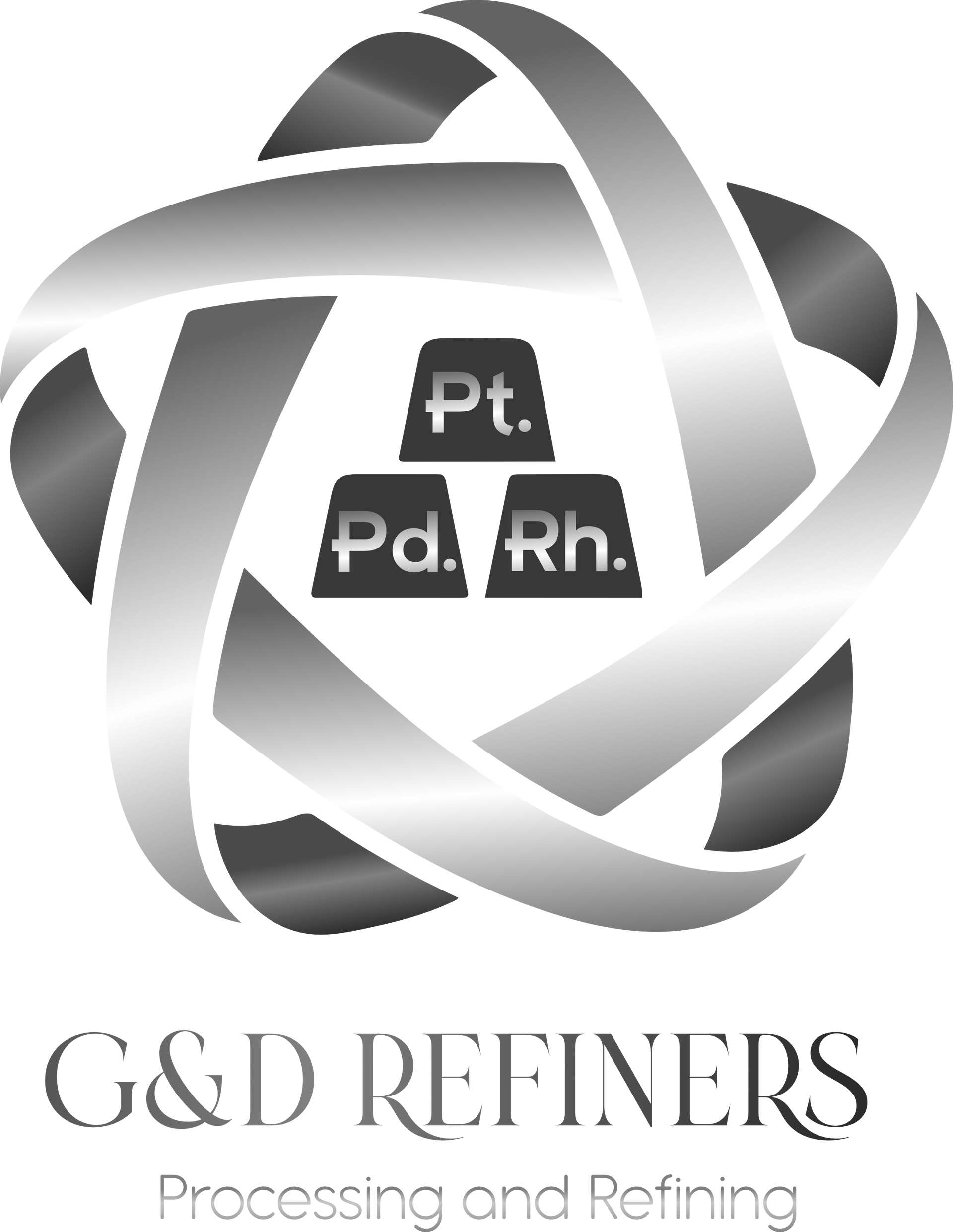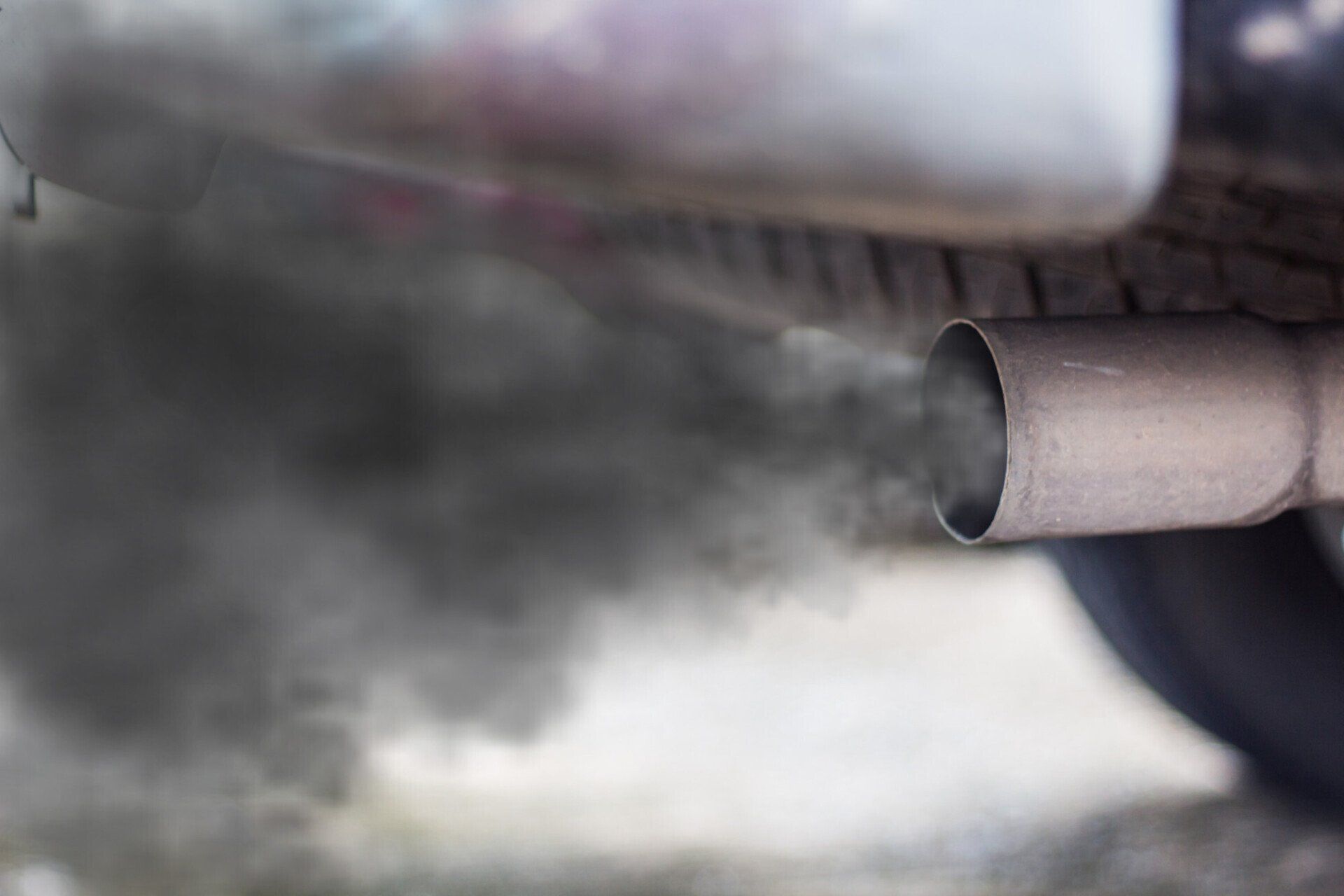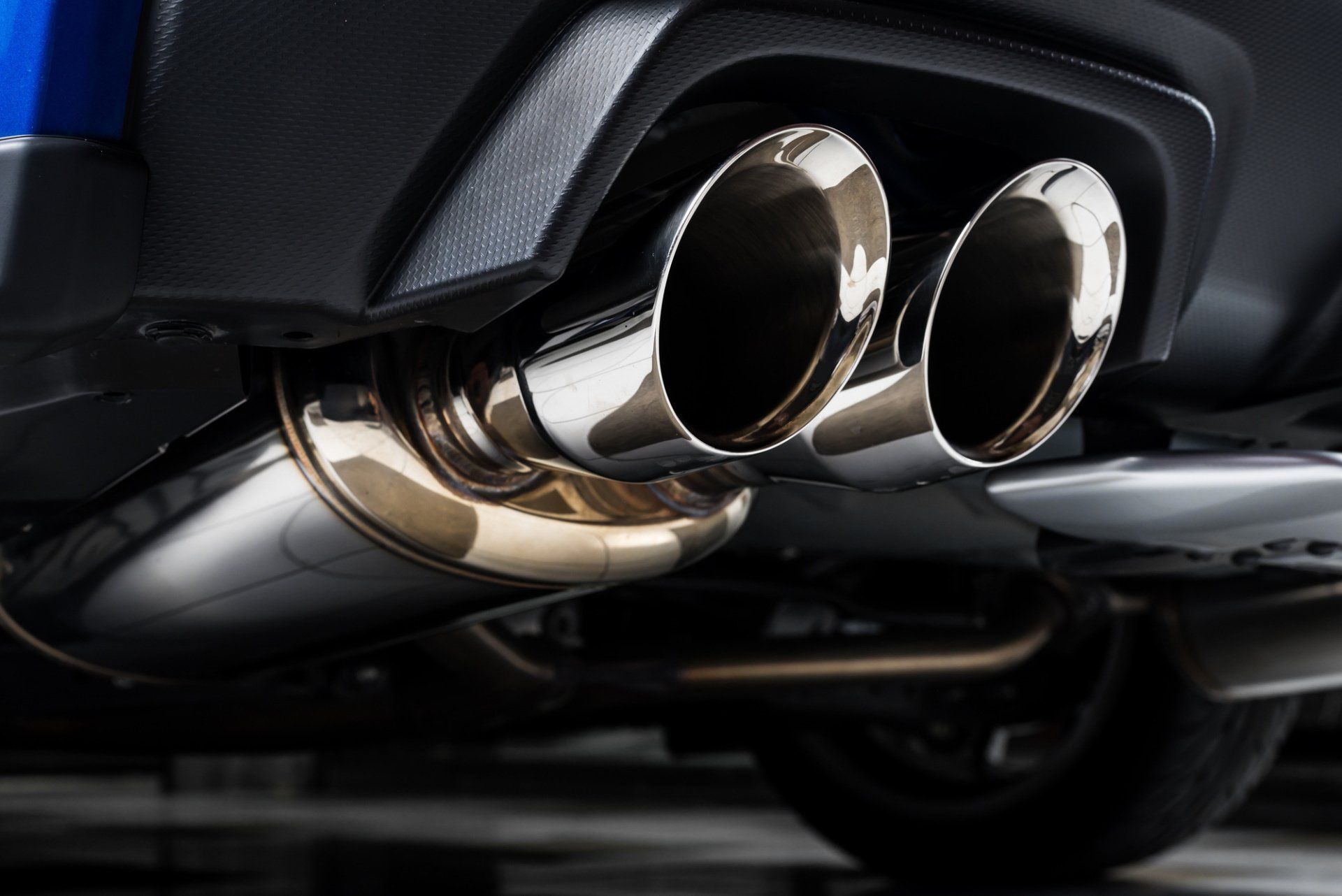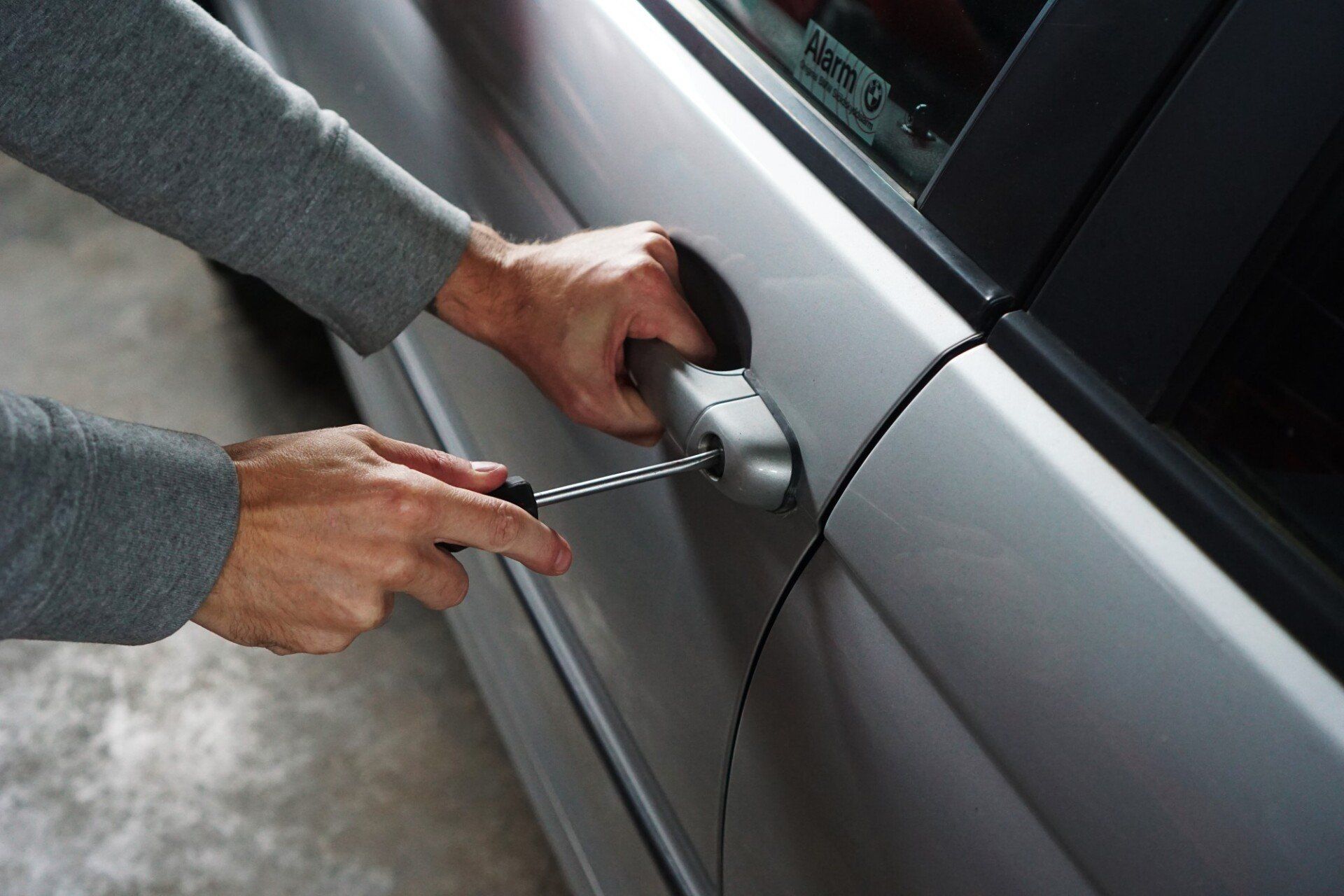What To Recycle From a Car
Are you looking to recycle parts from a car but you're not sure what can be recycled? Click here to learn more about what can be recycled from a car.
Are you looking to part ways with your current vehicle, but unsure of what can be recycled from your car? Do you wish to make the highest return on your investment for a car that can't be sold to others? if so, then you need to learn recycle car 101.
In other words: you need to learn what can and cannot be recycled from a car. That way, you'll maximize your return and get some seed money for your next car.
See below for an in-depth guide on what to recycle from a car. Be sure to use this list and consider whether recycling your car parts is the best decision for your situation.
1. Glass
Here's the good news: there are a ton of individual features of your car that can be recycled. Let's start with the glass in your windows.
As most people know, glass is one of the most important materials to recycle. Doing so can help reduce related air pollution by 20-percent, and water pollution by up to 50-percent. Not to mention, it will reduce the amount of shattered glass that consumes landfills, the side of the road, etc.
The only problem you might run into is the plastic coating that today's auto glass has on it. This coating is used to prevent your window from shattering on impact, similar to how adding window film to it will keep it intact. It might crack, but it won't break. That can make it more difficult to be recycled.
First, your focus should be on finding where to recycle your car parts (such as its glass). Reach out to a trusted junkyard in your area and ask them if they accept auto glass. Some places will pick up the glass for free and can remove the plastic coating before recycling the glass.
2. Car Battery
We're begging you to recycle your car battery. Batteries are one of the most harmful products in the world. If not properly handled and recycled, they will cause an immense amount of damage to the environment around you.
First off, the battery will eventually corrode, causing those chemicals to leak into the earth's soil. This will eventually harm the water that you drink, wash your hands with, cook with, and so on. Batteries have also been known to start fires in landfills, especially Lithium batteries.
Also, as the batteries corrode, those chemicals are released into the air, thus harming our breathing supply. Those same toxins also play a major role in global warming.
Here's the good news: you can help prevent all of that! By recycling your car battery, you'll be able to reduce the waste in your community. Battery manufacturers have made it to where almost all of the car battery is made of recyclable materials in some form or fashion.
This can also help turn the manufacturing industry more eco-friendly. These days, car battery manufacturers are happy to used recycled materials for their batteries whenever they can get their hands on them. You'll be helping them achieve that goal.
3. Catalytic Converter
We'd be willing to bet that most of you have never heard of this car part. A catalytic converter is responsible for controlling the emissions from your car. It helps lower the car's production of toxic gases, causing a reaction that turns them into pollutants that are far less toxic and thus are less harmful to our environment.
The argument can be made that your catalytic converter is one of the most valuable pieces of the car when it comes to scrapping and recycling. It's made of many metals that are heavily sought out, such as palladium and platinum.
To recycle your catalytic converter, be sure to find a trusted catalytic converter processor. We purchase all automotive catalytic converters, with a quick and efficient system. You just send us a photo of the converter, then we'll communicate a time to pick it up at your location.
4. Scrap Metal
Almost everyone knows that their car can be scrapped for the metal that it's created from. However, did you know that there are many different types of metal throughout your car?
The most common types of metal that are used in the car manufacturing process are iron, titanium, steel, aluminum, and magnesium. Each of these serves a specific purpose for the car's production. For example, aluminum is mainly used as the car's body since it's lightweight and rust-proof.
Most cars are made of at least 65-percent metal, so recycling your vehicle to a junkyard can help you wind up with a good amount of cash!
5. The Car's Engine
Last but not least, we have your car's engine. Being the most necessary part of your entire car, it's no surprise that scrappers are actively looking for engines and transmissions to recycle.
It doesn't matter whether or not the engine is no longer working, several pieces of your engine can be taken apart and reused on another car.
If all else fails, the engine can be recycled and used for other types of manufacturing in the future. In fact, this is one of the top priorities in the industry right now.
Recycle Car 101: Help Your Environment Thrive
Now that you have seen an elaborate recycle car 101 guide on all the car parts that can be used, be sure to use this information to your advantage.
Be sure to read this article for more information on how catalytic converter scrap price is determined and how much you can expect to receive for yours.
For more inquiries, please be sure to reach out via phone at 503-313-8656 and we will be happy to assist you further.




